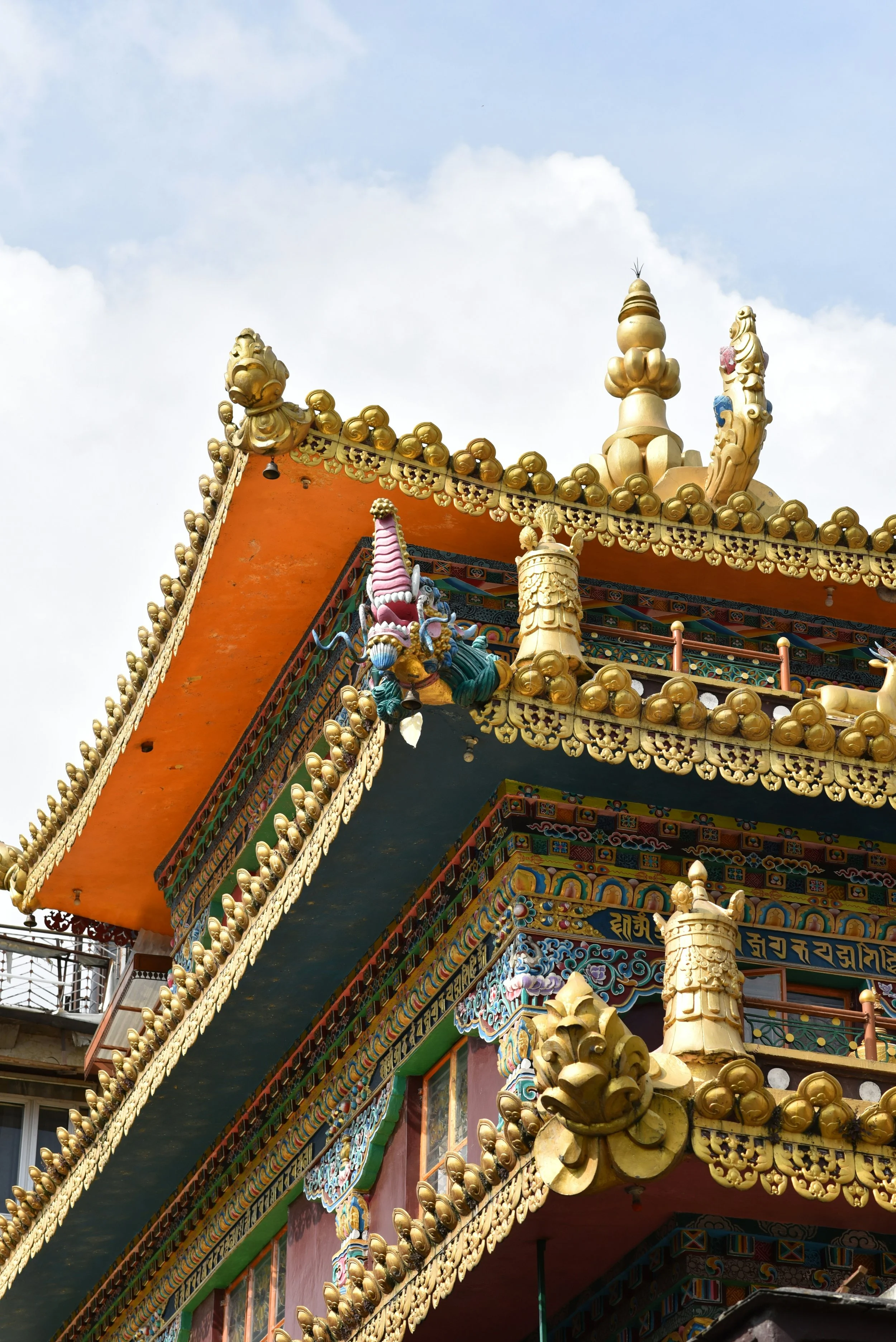The Dalai Lama Turns 90: Scenarios-Based Thinking on the Succession Issue
Executive Summary
Based on an assessment of potential scenarios in the succession process of the 14th Dalai Lama, this essay argues:
For India, the least desirable scenario is the one in which the Gaden Phodrang’s 15th Dalai Lama appointee is born in India and is unable to establish legitimacy. This would mean that China’s state-appointed Dalai Lama in Tibet will gain prominence. The CPC could use coercive diplomacy to extract concessions, especially with countries with a substantial Tibetan Buddhist diaspora (including India). Such a scenario undermines India’s soft power leverage, if any, reduces India’s negotiation power vis-à-vis China, and forces New Delhi to take a more cautious or reactive posture.
The most desirable scenario for India would be the one in which the Gaden Phodrang’s 15th Dalai Lama appointee is broadly accepted, garners legitimacy, and is born in a “free world” country outside China. This outcome ensures that India maintains its standing among Tibetan Buddhist followers and countries supporting the Trust’s designate, internationally. It also enables India to check China’s coercive influence over the reincarnation process to some degree, while also leveraging global support for the Dalai Lama’s transition process.


